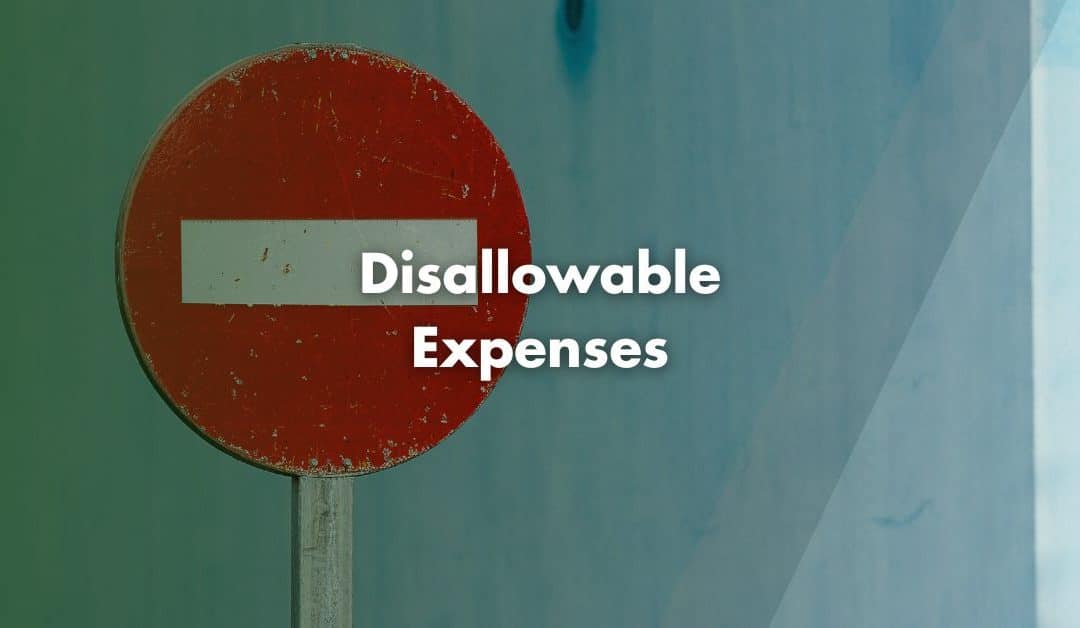Disallowable Expenses are a common source of confusion, but the rules are straightforward once you understand the basic principle. If a cost is not “Wholly and Exclusively” for business use, you cannot claim it. Claiming the wrong expenses can quickly lead to mistakes and penalties, or even an HMRC investigation.
What are Disallowable Expenses?
Disallowable Expenses are business costs that HMRC does not allow as tax deductions. Even if you record these costs in your accounts, they cannot reduce your taxable profit. HMRC applies a clear principle: every allowable expense incurred must be Wholly and Exclusively for the purpose of running your business.
While paying for a gym membership may help you stay fit, HMRC will not accept this as a business expense. They view the benefit as personal, not commercial. The same principle applies to many other outlays that may look legitimate at first but fall outside the rules.
If a cost has both business and personal elements, only the identifiable business proportion is allowable. Where there is no objective way to split it, it is disallowable.
Examples of Disallowable Expenses
Entertainment and Hospitality
- Client meals and drinks
- Tickets to sporting events or concerts
- Client outings or social activities
Personal Items and Services
- Clothing that is not a uniform, personal protective equipment (PPE) or branded workwear
- Gym or health club memberships
- Holidays or family meals
Fines and Penalties
- Parking tickets
- Speeding fines
- Interest on overdue National Insurance or PAYE
Gifts and Donations
- Client gifts, unless branded, under £50 (excluding food, drink or tobacco)
- Political donations
- Charitable donations made by Sole Traders or Partnerships
Depreciation and Non-Business Use
- Depreciation of business assets (Capital Allowances apply instead)
- The personal portion of mixed-use expenses such as phones or home utilities
How Disallowable Expenses May Affect You
Getting disallowable expenses wrong can create serious problems.
Adding them to your tax return may reduce your tax bill in the short term, but when HMRC checks your accounts, they will add these costs back. This means you face a larger tax bill, interest charges and possible penalties. In some cases, it can even trigger a full HMRC investigation. Correctly separating allowable and disallowable expenses means you will also know your real profits.
Individuals also face restrictions on what they can claim. Cost such as commuting to a regular workplace, personal clothing, grooming or personal loan repayments are all disallowable. Donations to political parties are also disallowable. For businesses, the rules extend to capital costs, penalties and entertainment.
Contact Us
We are not just accountants; we are Chartered Accountants with one of the most reputable and premium accounting bodies. We are registered and regulated by ACCA; so you can rest assured that you are in good hands. Knowing this, don’t hesitate to get in touch with us if you require assistance: Pi Accountancy | Contact Us
This article is for general informational purposes only and does not constitute legal or financial advice. While we aim to keep our content up to date and accurate, UK tax laws and regulations are subject to change. Please speak to an accountant or tax professional for advice tailored to your individual circumstances. Pi Accountancy accepts no responsibility for any issues arising from reliance on the information provided.

